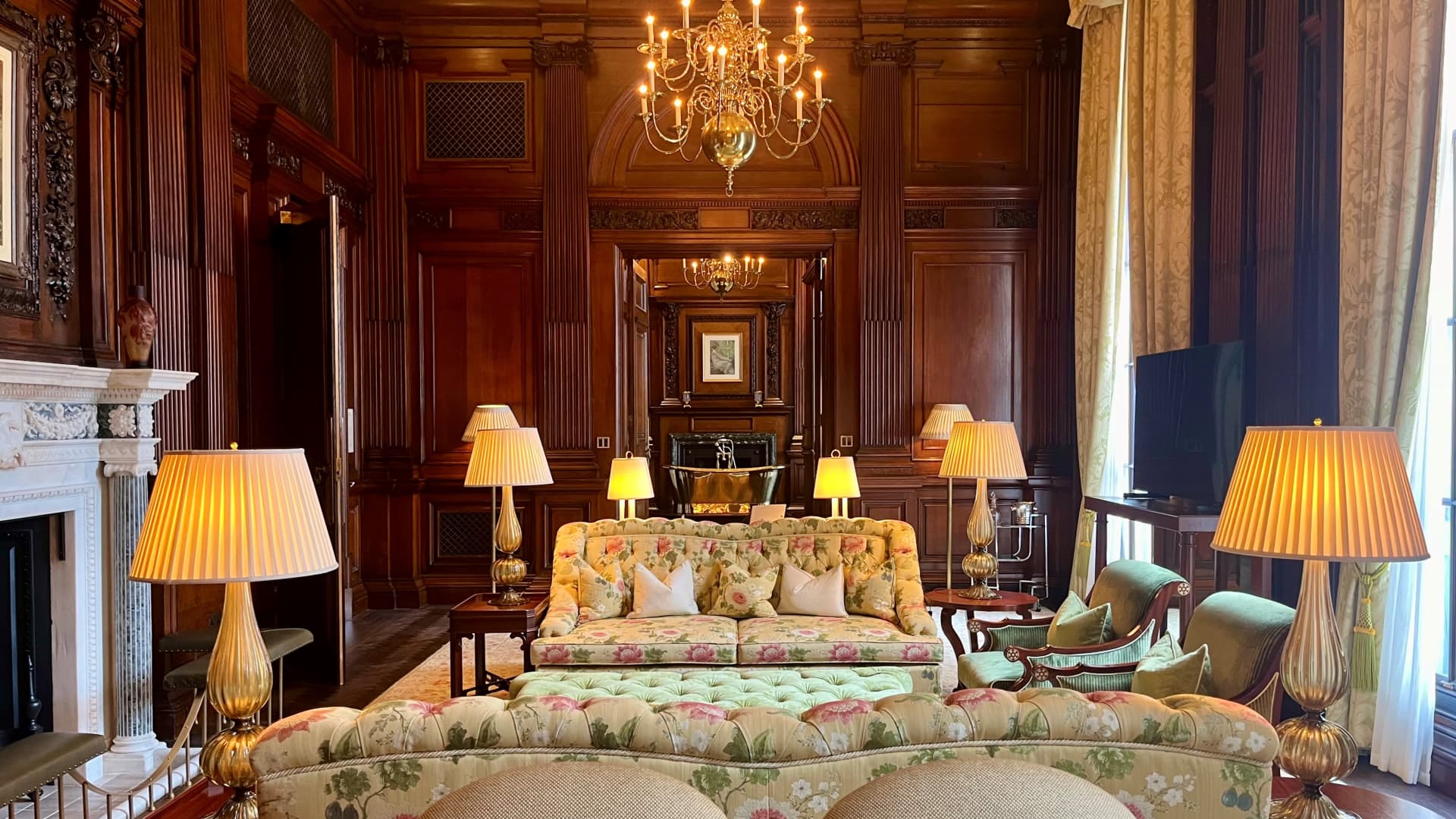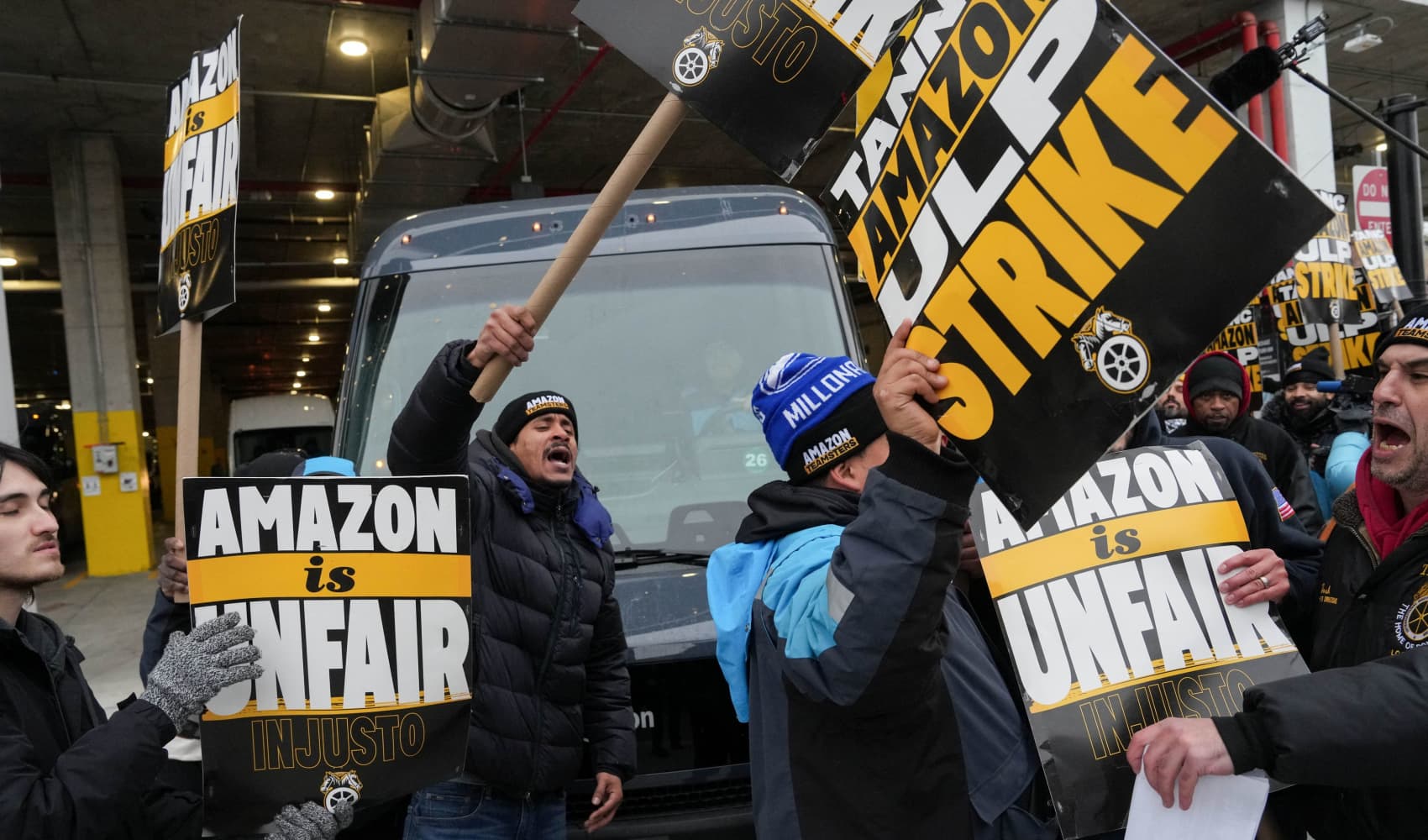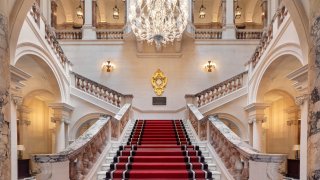
History seeps from the walls of the Old War Office in Whitehall, London, Winston Churchill's former workplace.
Once the beating heart of Britain's military empire, the headquarters from which some of the most consequential decisions in modern U.K. history were made, the building is now forging a new future as one of the capital's leading luxury hotels: Raffles London.
A painstaking eight-year renovation has seen the Grade II* listed Edwardian Baroque building — located on the site of the Palace of Whitehall and a stone's throw from Downing Street — shake state secrets for mystique of another kind, as the first European location of the iconic Singaporean brand.
"It's the magic combination: the building, the location and the name, Raffles," Fiona Harris, Raffles London's communications director, told CNBC Travel.
The hotel's opening last month marks a full circle moment for the Raffles brand, whose name and original location pay homage to Sir Stamford Raffles, the British diplomat who founded modern Singapore.
The building's new owner, the Hinduja Group, which purchased a 250-year lease from the Ministry of Defense in 2016, started as a trading company in colonial India in 1914 and is now a global conglomerate.
CNBC Travel took a tour of the £1.4 billion ($1.7 billion) redevelopment — here's a look at its 100-year transition from control center of the British empire to luxury stable for international visitors to the U.K.
Money Report
An emblem of British history
Originally built for the British Army between 1899 and 1906, the vast OWO building served as an embodiment of imperial influence at its height.
Feeling out of the loop? We'll catch you up on the Chicago news you need to know. Sign up for the weekly> Chicago Catch-Up newsletter.
At the time, more than 2,500 British army men and women worked within the building's 1,100 rooms and two-and-a-half miles of corridors.
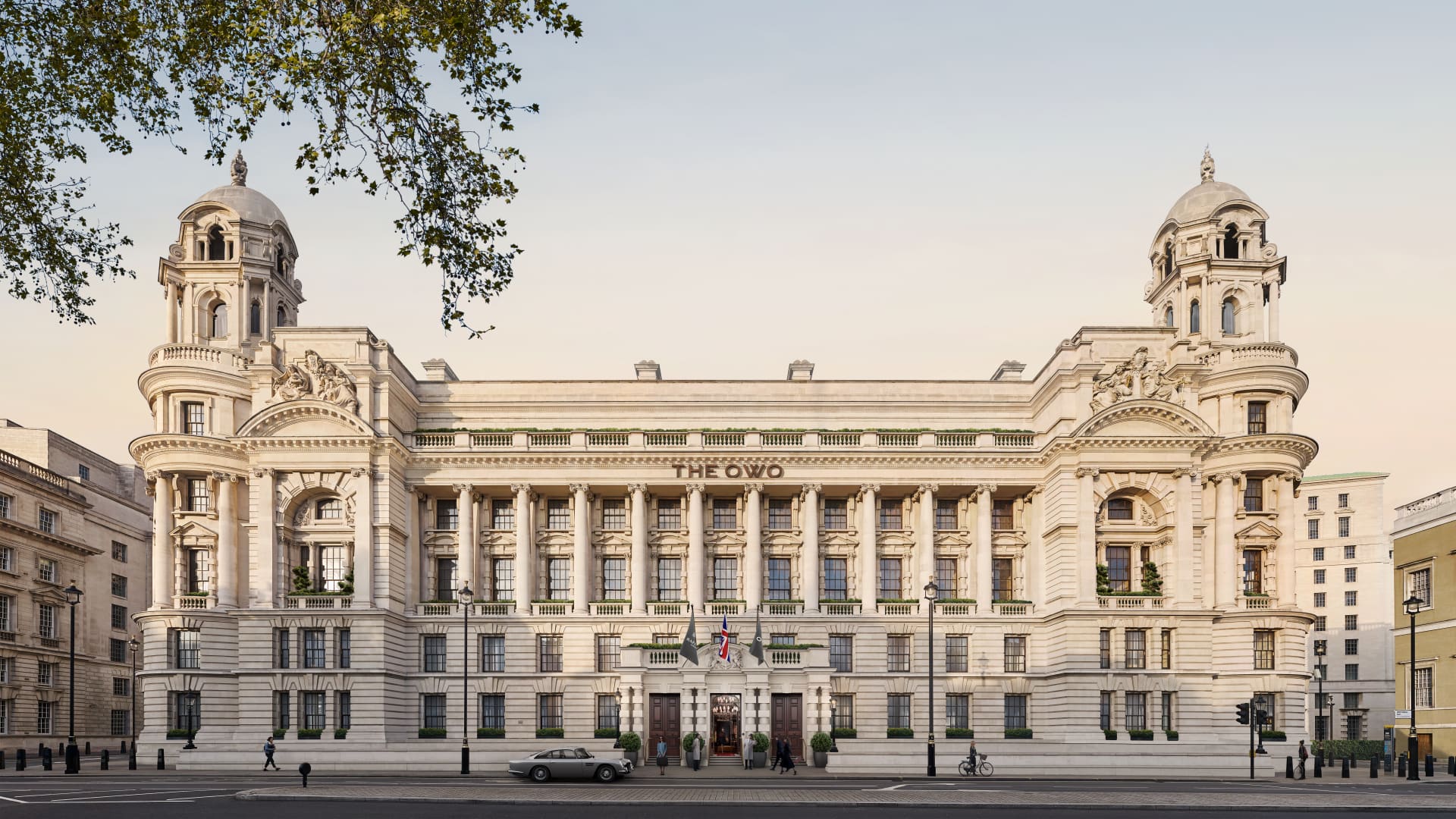
That grandeur remains today under an extensive renovation by EPR Architects, through which much of the building's original features have been restored.
Inside the grand lobby, an Italian marble imperial staircase and double-tier chandelier do justice to a building that served as the birthplace of the British Secret Service and the inspiration for Ian Fleming's James Bond series.
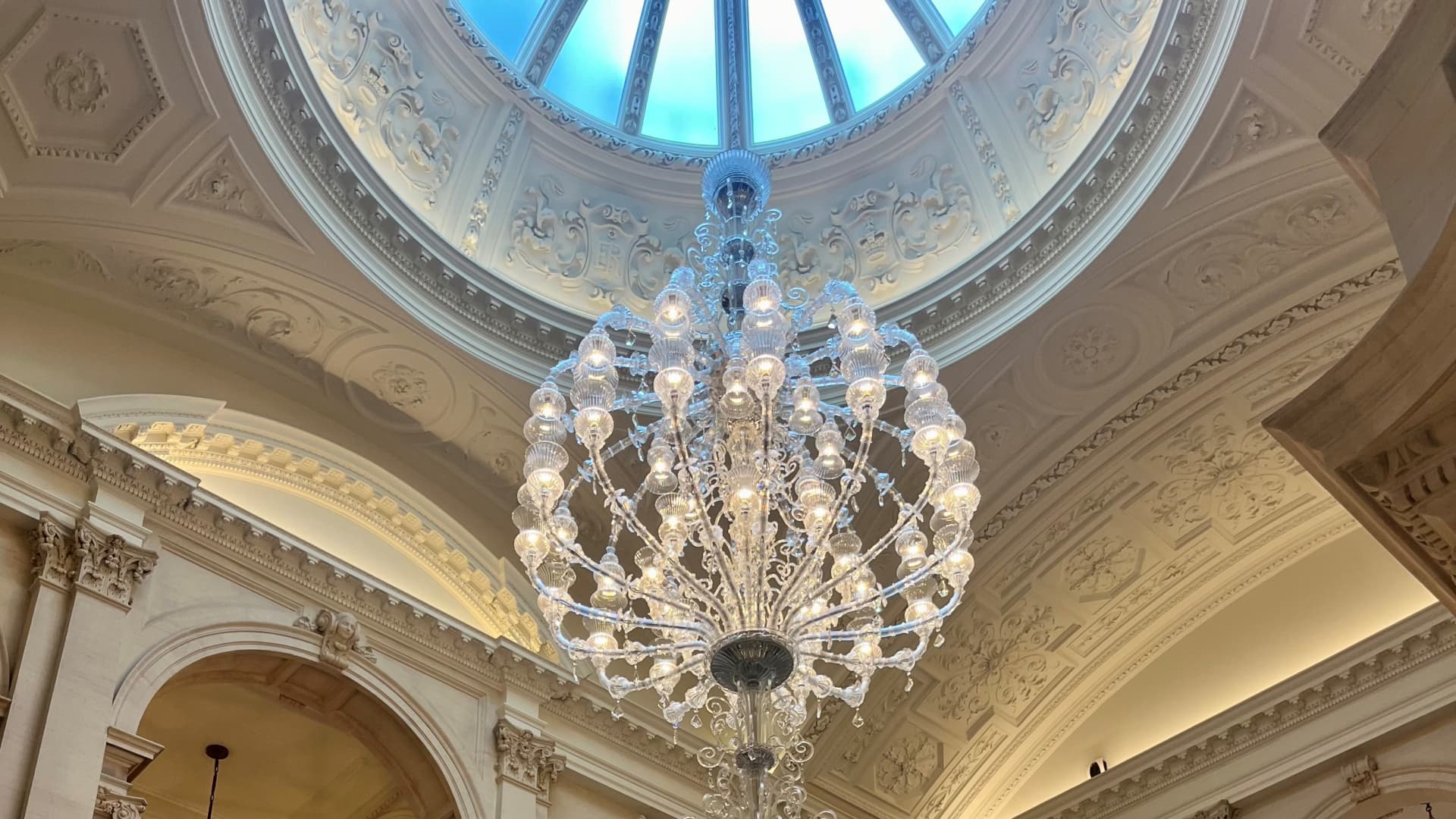
Above it, the first floor features the balcony from which Churchill would address his staff, giving way to the former offices of various political and military heavyweights, including David Lloyd George and Lord Kitchener.
"This building would have been full of state secrets," Harris said.
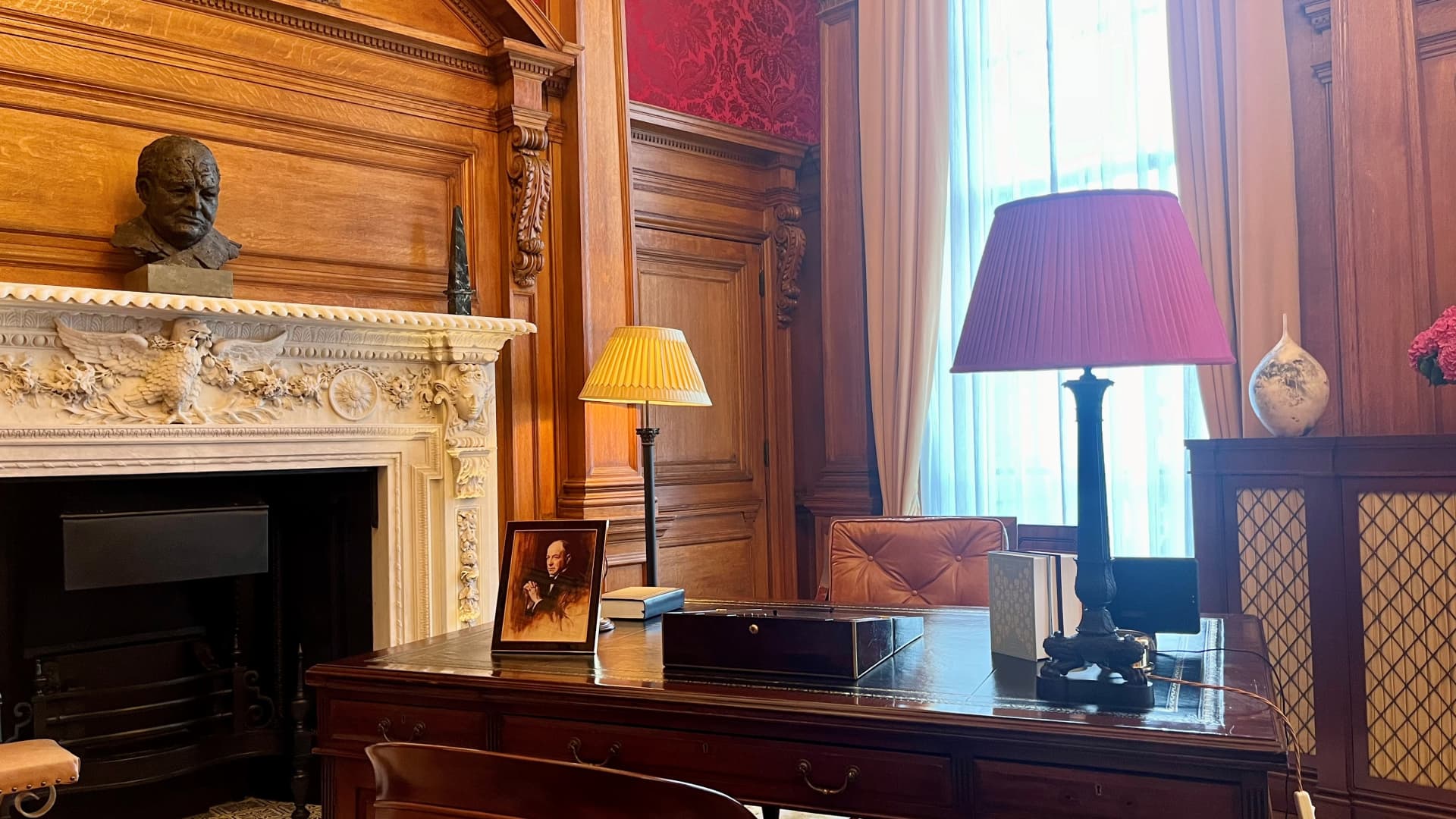
Churchill's own office — dubbed by Harris as "the room where all the big decisions were made," including the move to join World War II and the decision behind the D-Day landings — is no less grand in its new life as a suite, with a replica desk and bust of the former prime minister.
Pivot to the future
The Churchill suite is just one of the rooms reimaged in tribute to the building's history by the late Thierry Despont, whose architectural accolades include the restoration of New York's Statue of Liberty and the interior redesign of Manhattan's residential skyscraper 220 Central Park South.
All in, the hotel houses 120 suites and rooms, including five heritage suites in the former offices of political and military leaders, and eight corner suites named after notable women and female spies.
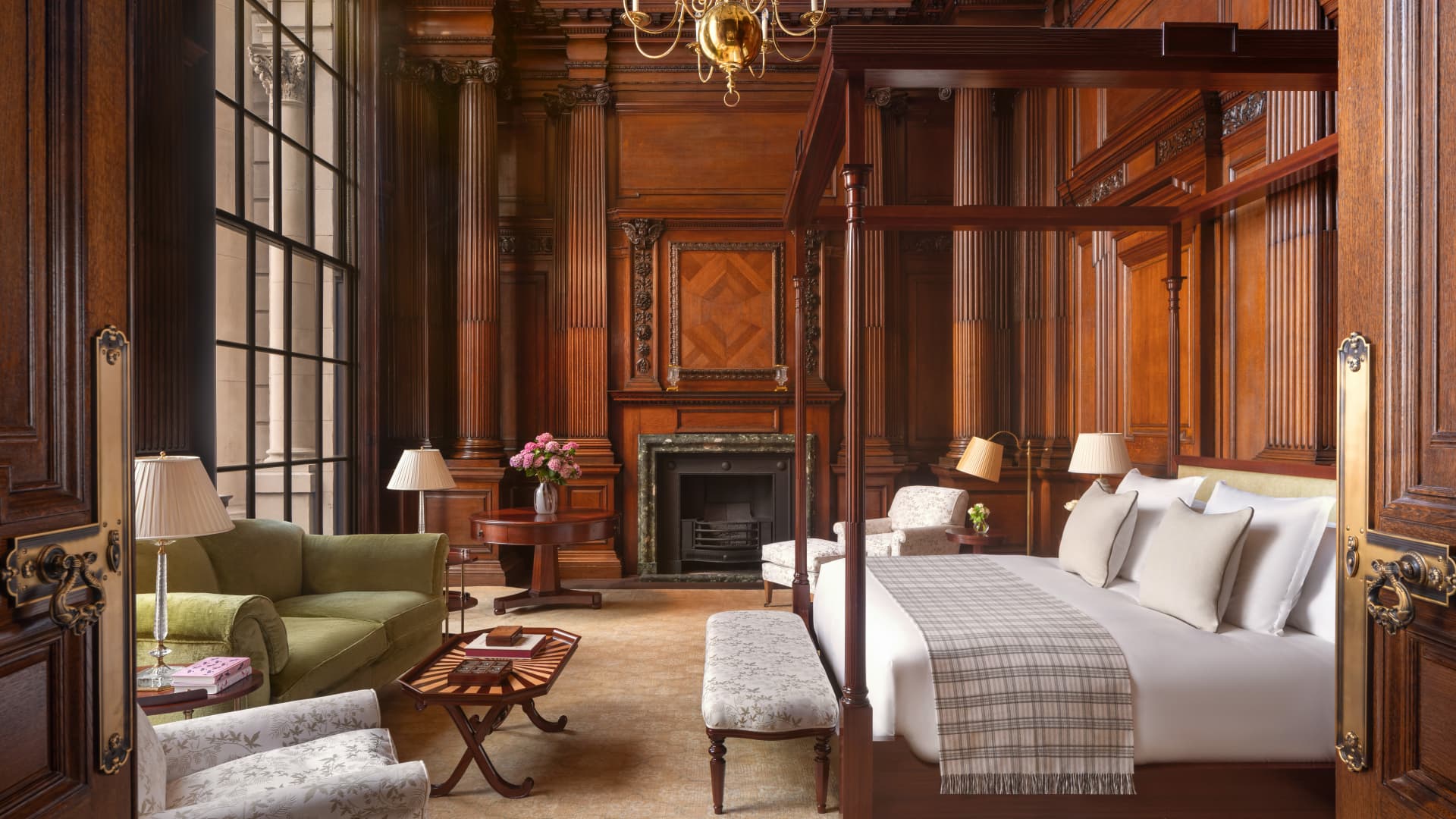
Meanwhile, deep underground, a three-floor excavation expands the building's area by more than a third to 800,000 square feet, making way for a ballroom, a 65-foot swimming pool, and a Guerlain spa.
The addition of nine new restaurants run by multi-Michelin star chefs, including three by Argentina's Mauro Colagreco, aim to burnish the hotel's credentials as a culinary epicenter for the city, while three new bars seek to showcase the building's unique history and location.
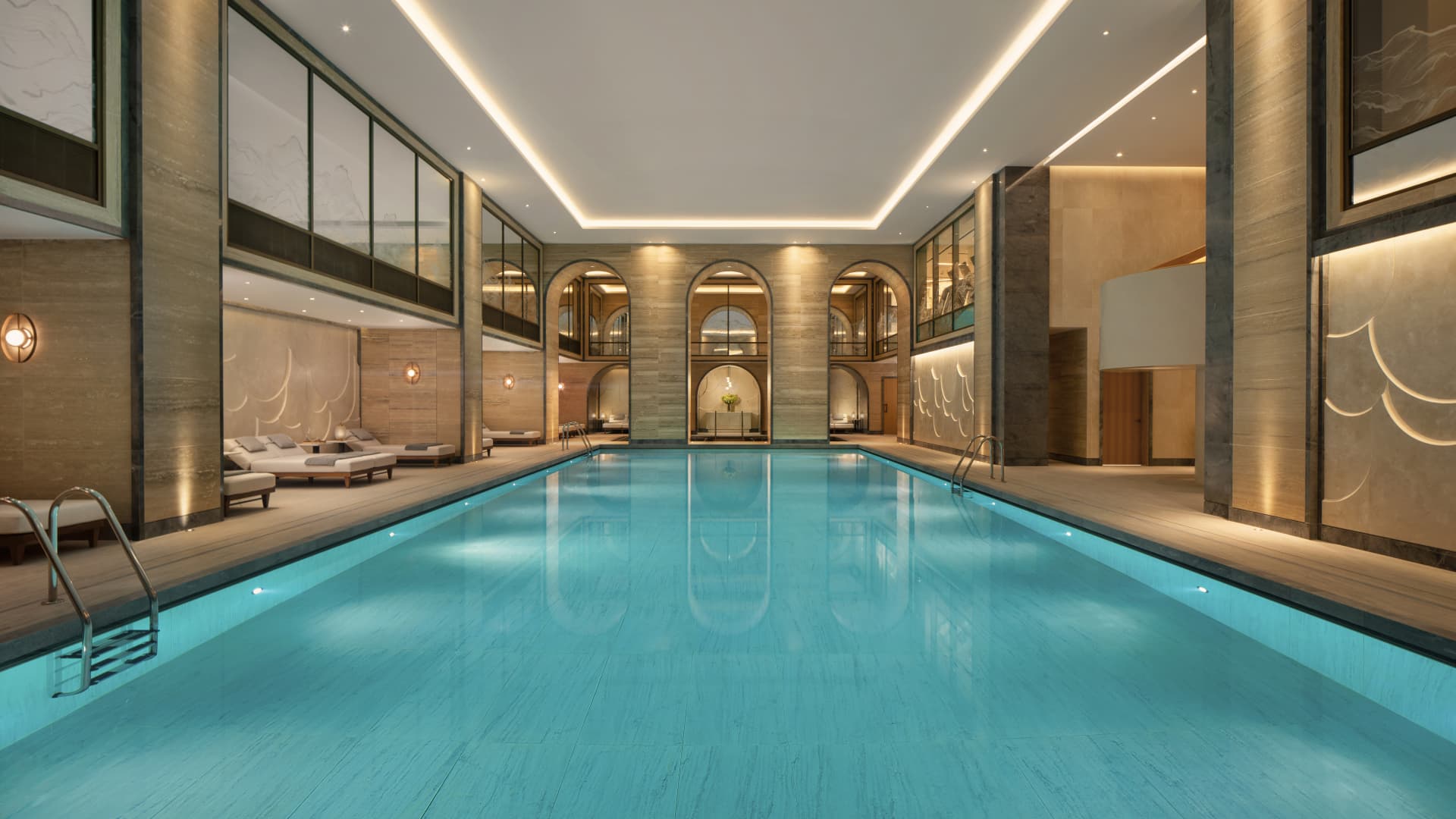
Guests at the Guards Bar and Lounge, for example, can enjoy a prime position from which to watch the famous changing of the guard ceremony while sipping a London Sling ($29), a gin and cherry cocktail inspired by its Singapore namesake.
Those seeking more discretion can opt for the subterranean spy bar, located in an old interrogation room, from where they can pay homage to the various spies whose secrets were held within its walls.
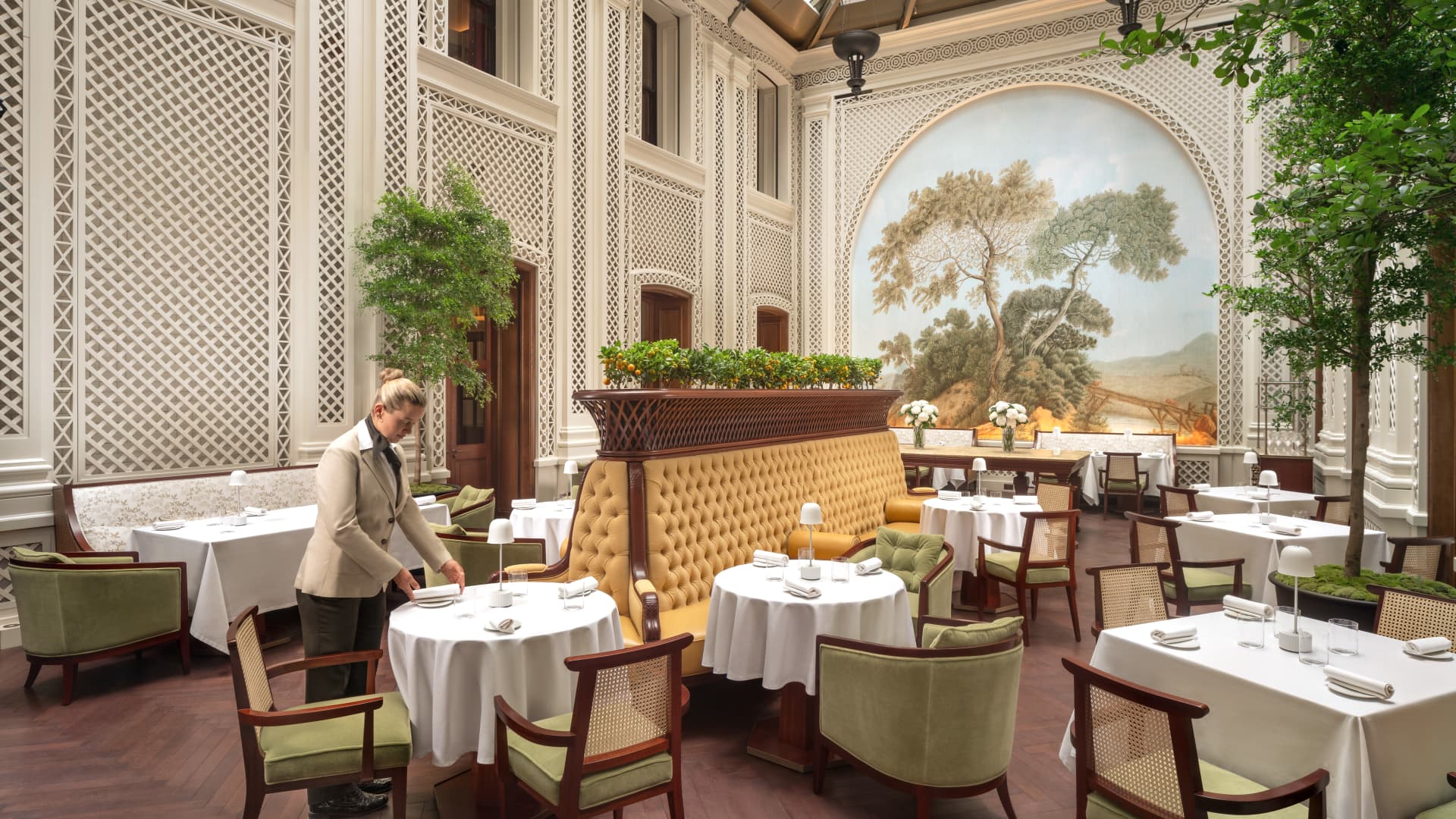
And for non-paying guests, there is an opportunity to visit and tour the building on one of 11 annual open days — a part of the Ministry of Defense's lease agreement.
"We're flipping it on its head," Harris said of the building that once required security clearance for admittance. "It doesn't matter if you're super rich or you just want to come for coffee with a friend. It's open to everyone," she said.
London's new luxury wave
A stay at Raffles London is not without a significant price tag. A night in one of the hotel's classic rooms costs around £1,100 ($1,340), while a stay in one of its five most exclusive suites will set guests back between £18,000 and £25,000 per night.
Those who prefer to stay forever can also do so, budgeting upward of £8 million for one of 85 Raffles branded OWO residences. At the time of writing, around half of those units have already sold — to buyers from the U.S., China and the Middle East — though a five-bedroom penthouse priced at £100 million remains there for the taking.
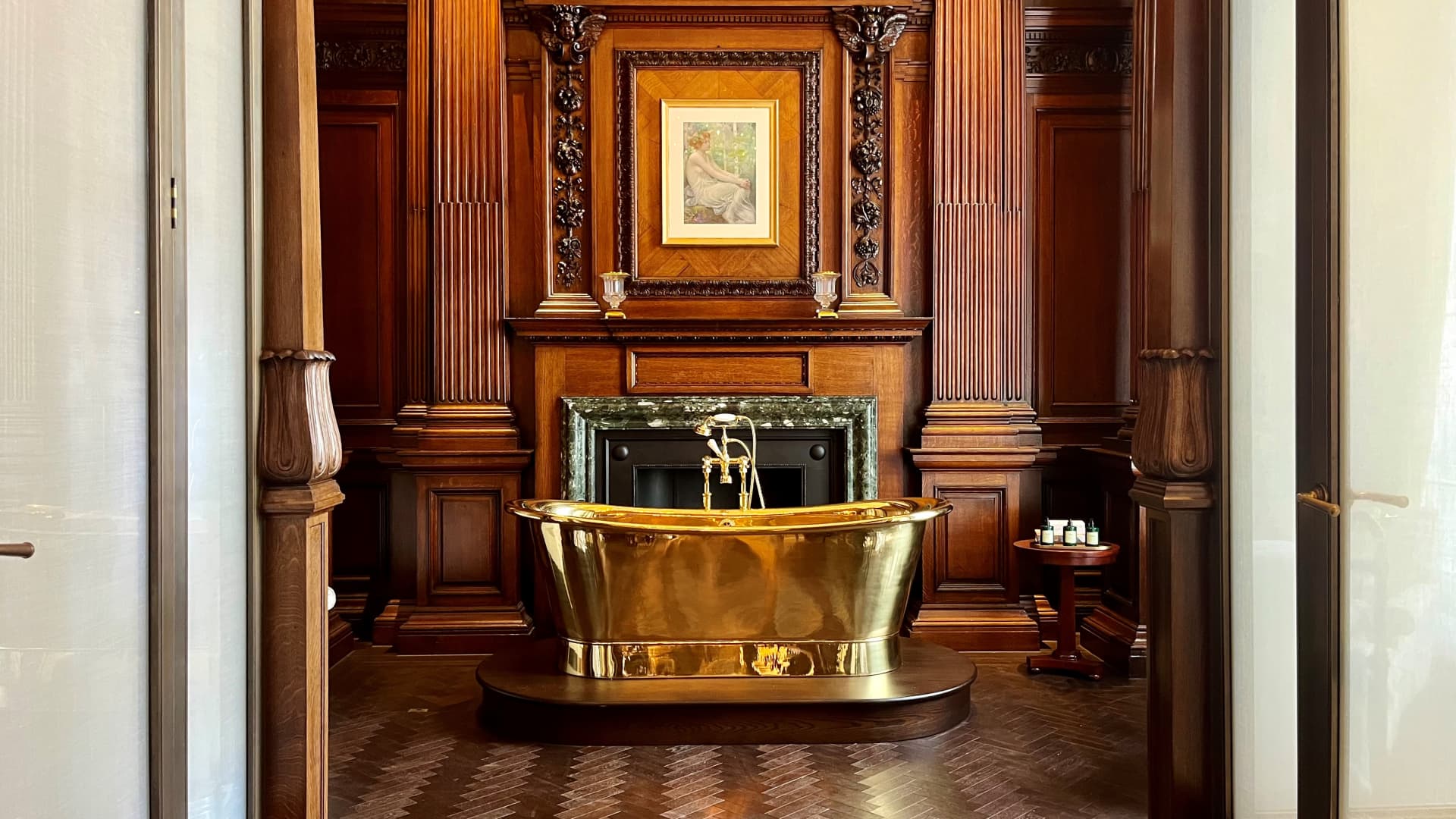
The hefty sums come as Britain's economy and much of its population remain under financial pressure amid high inflation. And yet Raffles is not alone in betting big on London's luxury market.
In September, another £1 billion hotel, The Peninsula, opened on the corner of Hyde Park, and in the coming months, a Mandarin Oriental, a Rosewood and a new sister hotel to Claridge's, The Emory, are all set to launch in exclusive pockets of the capital.
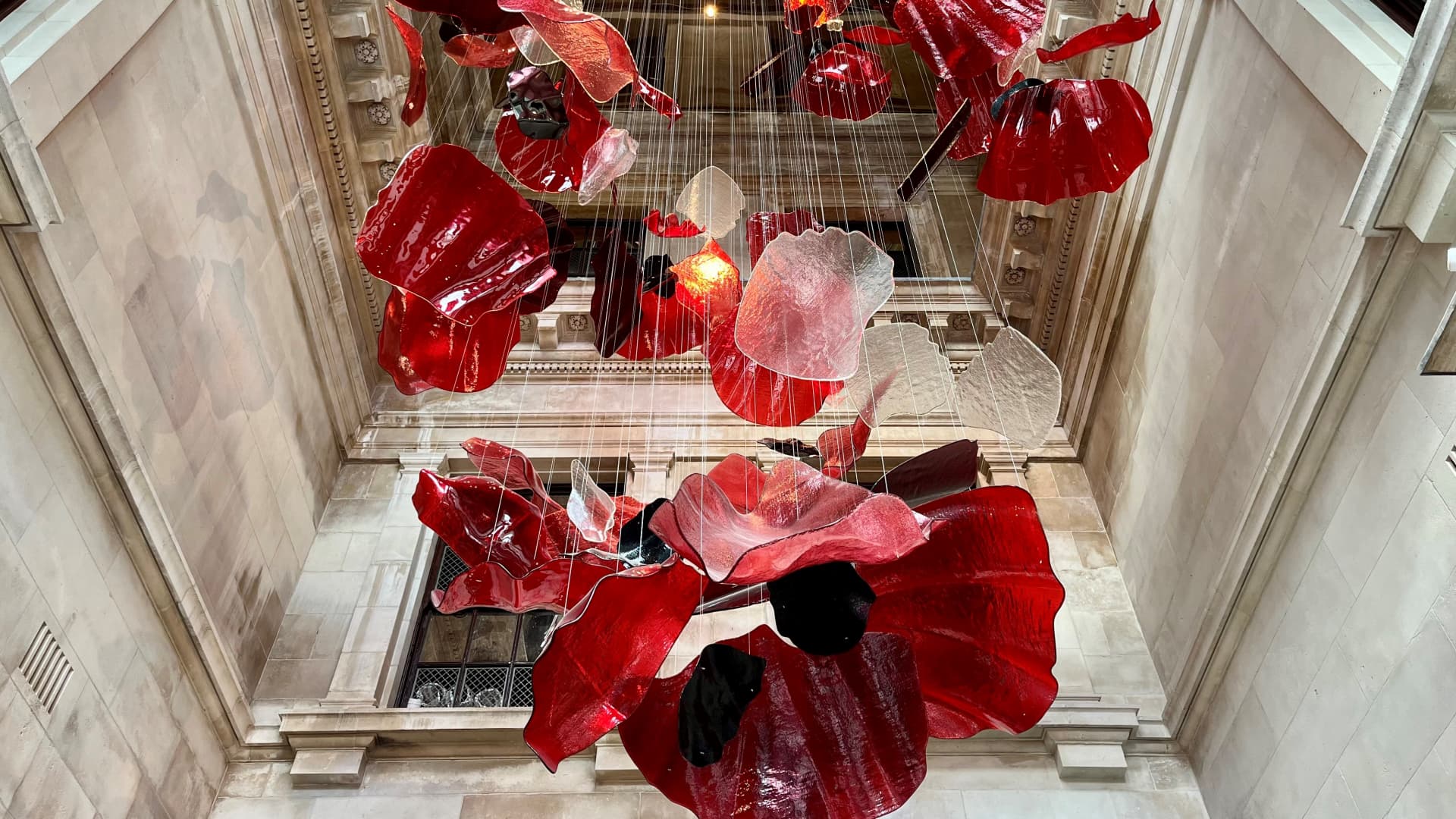
OWO's owner, Hinduja Group Chairman Gopichand Hinduja — who, incidentally, purchased the property in 2016 ahead of a Brexit-based downturn — said the investment showcased Britain's long-term appeal as a luxury travel market.
"We don't go on short-term," Hinduja told CNBC in July. "The U.K. is an important country, and everyone loves to come to London whether it is for holiday or it is for business."
"We have converted that place into peace and solace," Hinduja added of The OWO building. "It is a unique, singular property. It is a place of destination."
